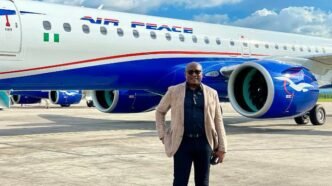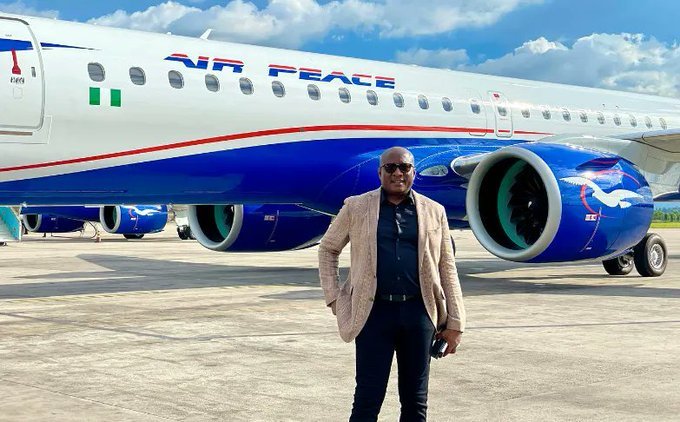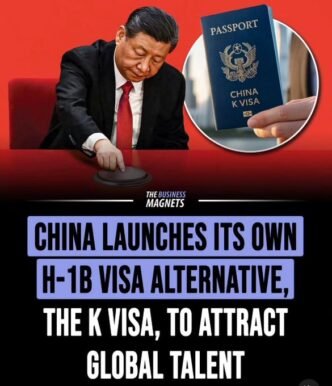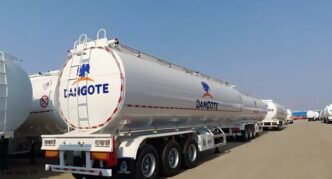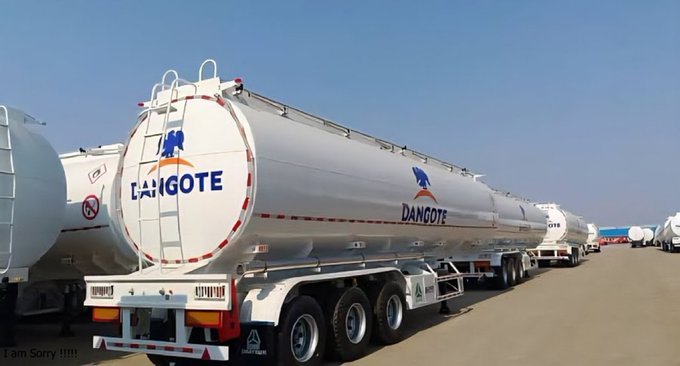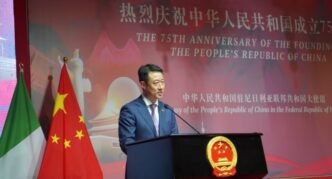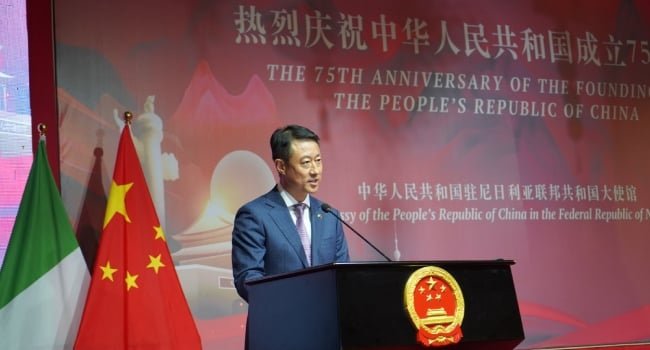The Chairman of Air Peace, Nigeria’s largest privately-owned airline, Allen Onyema, has revealed that the British authorities systematically prevented the airline from securing clearance to operate direct flights into London for a staggering seven years. His disclosure sheds light on the complex challenges African carriers face in accessing lucrative international routes, despite growing passenger demand and government-to-government agreements.
Onyema, who spoke during a recent industry forum, described the long-running battle as a deliberate act of “institutional resistance” aimed at shielding British and European carriers from competition. He argued that the delay was not only unfair to Air Peace as a business but also detrimental to millions of Nigerian travelers who were forced to endure exorbitant ticket fares charged by foreign airlines.
The London Route: A Lucrative Battleground
The Nigeria–London route remains one of the busiest and most profitable for airlines operating in and out of Africa. Carriers such as British Airways, Virgin Atlantic, and Qatar Airways have dominated this corridor for years, often dictating pricing structures due to limited competition.
Air Peace, which has in recent years expanded its international presence with flights to destinations such as Dubai, Johannesburg, and Mumbai, had set its sights on the London route as part of its global growth strategy. According to Onyema, the airline had fulfilled all technical and operational requirements long before receiving final approval.
“For seven years, we were denied clearance despite satisfying every single safety and operational criterion. This was nothing short of protectionism designed to stifle Nigerian competition,” Onyema said.
Protectionism and the Aviation Power Struggle
Aviation analysts have long accused Western governments of shielding their airlines from African competition under the guise of stringent regulatory oversight. Bilateral Air Services Agreements (BASAs) between countries are supposed to provide equal opportunities for carriers, yet African airlines often find themselves at a disadvantage when seeking reciprocal slots.
Industry experts point out that British carriers enjoy unfettered access to Nigerian airports, operating multiple frequencies weekly, while Nigerian carriers face hurdles in securing reciprocal rights. This asymmetry, Onyema argued, undermines Nigeria’s sovereignty and disadvantages local travelers.
Dr. Tunde Akinyemi, an aviation consultant, told our correspondent that the Air Peace experience highlights the broader issue of global aviation politics.
“African carriers often face a hostile regulatory climate when they try to expand into Europe or North America. These restrictions are rarely about safety or capacity—they are about protecting market share,” Akinyemi said.
Nigerian Travelers Bearing the Brunt
The biggest losers in this seven-year standoff were Nigerian passengers. With limited carrier options, ticket prices on the Lagos–London route skyrocketed, often reaching two to three times the cost of comparable journeys elsewhere.
During peak travel seasons such as Christmas, Nigerians flying to London paid some of the highest fares in the world. Onyema lamented that the lack of competition kept prices artificially high, making international travel unaffordable for ordinary citizens.
“Imagine the billions of naira that have left this country simply because we were not allowed to operate a route that belongs to us under the BASA framework. Nigerians were the ones paying the price,” Onyema said.
Air Peace Finally Breaks Through
Despite years of frustration, Air Peace finally secured clearance to launch direct London flights in early 2024. The development was met with widespread celebration among Nigerians, who saw the move as a victory for national pride and aviation independence.
Since launching its Lagos–London service, Air Peace has offered significantly lower fares compared to foreign competitors, forcing them to cut ticket prices in response. This has provided much-needed relief to Nigerian travelers and demonstrated the benefits of fair competition.
Passengers praised the move as a historic breakthrough. “For the first time in years, I can book a ticket to London without emptying my savings,” said Lagos-based entrepreneur, Chika Okoro. “Air Peace has restored balance to the system.”
Onyema: The Battle Was About More Than Money
For Onyema, the seven-year struggle was not only about business but also about defending Nigeria’s right to compete on the global stage. He noted that Air Peace had invested heavily in modern aircraft, including Boeing 777s, specifically to meet international safety and comfort standards.
“This was never about Air Peace alone. It was about the dignity of Nigerian aviation. Our airline has what it takes to stand shoulder-to-shoulder with the best in the world. Denying us entry for seven years was unjust, but it has only strengthened our resolve,” he stated.
Onyema added that the airline will continue to push for expanded routes across Europe and North America, positioning itself as Africa’s gateway airline.
Government Intervention and Policy Questions
The delay also raises questions about Nigeria’s diplomatic leverage in enforcing bilateral agreements. Critics argue that the federal government could have taken stronger action to compel reciprocal treatment for Nigerian carriers.
Aviation unions have urged the Nigerian government to adopt a “tit-for-tat” approach, suggesting that any foreign airline operating multiple routes in Nigeria should face restrictions if Nigerian carriers are denied similar access abroad.
“Government must step up and defend Nigerian airlines. Reciprocity is the foundation of BASA. If they block us, we should block them,” said Comrade Abayomi Ojo, an aviation labor leader.
Air Peace and the Future of African Aviation
Air Peace’s eventual breakthrough into the London market is now being heralded as a case study for African airlines seeking fair representation in global aviation. It demonstrates both the resilience of African entrepreneurs and the deep structural barriers they face.
Analysts say the London route will serve as a springboard for Air Peace’s wider ambitions. The airline has already expressed interest in opening new destinations in the United States and Canada, where significant Nigerian communities reside.
Furthermore, the development underscores the urgent need for African governments to strengthen their negotiating power in global aviation forums, ensuring that their carriers are not subjected to discriminatory practices.
Conclusion
Allen Onyema’s revelation that Air Peace was prevented from flying into London for seven years by British authorities exposes the harsh realities of global aviation politics. It also highlights how protectionism, disguised as regulation, continues to stifle African airlines and burden African passengers.
Yet, Air Peace’s eventual triumph marks a turning point. By finally breaking into the London market, the airline has proven that Nigerian carriers can compete on the world stage when given a fair chance. For millions of Nigerians, the battle was not just about tickets and planes—it was about national pride, dignity, and the right to equal participation in international aviation.
As Onyema himself noted, “The struggle may have lasted seven years, but victory is sweet. Air Peace is here to stay, and Nigeria will no longer play second fiddle in global aviation.”

